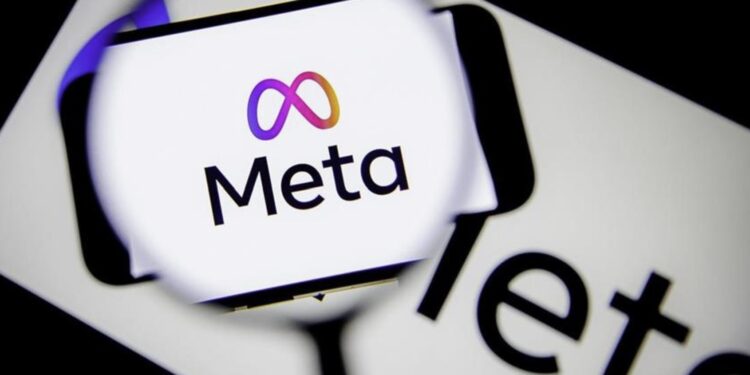Meta parent company of Facebook and Instagram, has made a historic 20-year supply deal with a nuclear company, in a move that comes as it ramps up its artificial intelligence (AI) operations and data centers.
The decision highlights tech giant’s increasingly desperate requirement for reliable, large-scale and clean power as it ploughs demand into artificial intelligence.
The agreement, reached with Constellation Energy, calls for Meta to buy 1.1 gigawatts of carbon-free nuclear energy generated at Constellation’s Clinton Clean Energy Center in southern Illinois beginning in June 2027.
This sustained commitment is important because the 2027 expiration of the Clinton plant’s state-funded zero-emission credit program had the facility possibly heading toward closure.
Meta’s investment not only guarantees the plant’s continued running but will also allow a 30-megawatt increase in its output, the plant has saved more than 1,100 jobs in the local area and will continue to generate $13.5 million in tax revenue annually.
Meta’s turn to nuclear power, in the wake of similar deals by other tech giants such as Microsoft, Google and Amazon, illustrate a rising awareness across the industry: the enormous energy footprint of AI can’t be consistently satisfied by the intermittent forms of renewable energy , like solar and wind , that the tech sector currently relies primarily upon.
Meta is still on track for its 100% clean and renewable energy targets, but nuclear power is an essential baseload: providing a reliable source of electricity that is continuously available 24/7, something that is essential to the non-stop nature of AI models and data centres.
According to the International Energy Agency, the power needs of A.I. data centers will rise from 200 terawatt-hours per year to more than 1,000 terawatt-hours by 2030 , an amount equivalent to today’s combined global consumption for all purposes if you add Japan to Germany. The training and operation of complex AI models like Meta’s Llama is computationally intensive and burns a lot of electricity, and in turn creates heat.
While Meta has invested heavily in solar and wind projects, the difficulties of adding tremendous amounts of new, distributed renewable capacity onto the current grids and the need for consistent power has led company officials to consider nuclear options. This 20-year commitment establishes Meta as a trailblazer in ensuring the energy foundations it will need to realize its future ambitions in AI.
It is an additional signal that the leaders in tech know that the energy requirements for the coming AI revolution are intense, but are feasible if taken seriously.










![Online Scam Cases Continue to Rise Despite Crackdowns on Foreign Fraud Networks [Myanmar] Online Scam Cases Continue to Rise Despite Crackdowns on Foreign Fraud Networks [Myanmar]](https://sumtrix.com/wp-content/uploads/2025/06/30-12-120x86.jpg)




